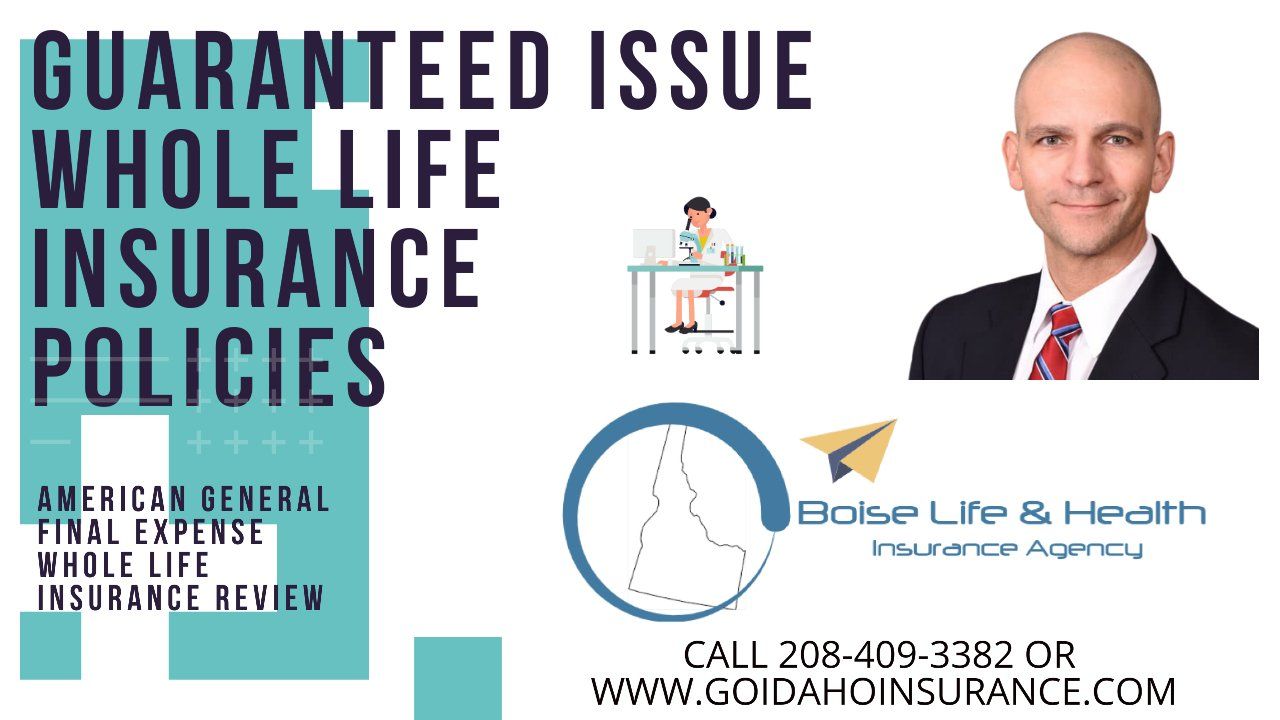What Is the Best Age to Get Long-Term Care Insurance?
The best age for you to get long-term care insurance is typically in your mid-50s. During this time, you’ll likely find a balance between the affordability and scope of your coverage. Starting your policy early can save you thousands and provide you better coverage options.
Keep in mind, your health status and family health history play significant roles in this decision, impacting cost and coverage. So, understanding these factors helps in making an informed decision about your long-term care insurance.
As you explore this topic, you’ll uncover more valuable insights about managing these important aspects of your financial preparedness. You can more information regarding your policy with Medicare and Health Insurance Broker Chris Antrim.
Contact Us
Key Takeaways
- The optimal age to get long-term care insurance is in your mid-50s.
- Younger age offers lower premiums and better coverage options.
- Good health status at the time of enrollment can result in better rates.
- Family health history plays a crucial role in determining the best age for insurance.
- Financial readiness and personal risk tolerance also impact the decision on when to get long-term care insurance.
Understanding Long-Term Care Insurance
Let’s dive into understanding long-term care insurance, a crucial decision that ideally should be made in your mid-50s, as it significantly impacts both your coverage options and premium costs. Care insurance, commonly referred to as long-term care insurance, is a type of coverage that caters for costs not typically covered by traditional health insurance. This includes assistance with routine daily activities like bathing, dressing, or eating.
Your age when you decide to purchase this insurance plays a critical role in dictating the affordability and scope of your coverage. Buying in your mid-50s, as opposed to later in life, generally means lower premiums and increased chances of qualifying for insurance. Your health status at the time of application is also a significant factor. The healthier you are, the more likely you’re to qualify for coverage.
Essentially, the mid-50s is the optimal age to contemplate and invest in long-term care insurance. It offers you the best balance between affordability, ample coverage options, and the likelihood of meeting the qualifications. The sooner you take this step, the more options you’ll have, and the better prepared you’ll be for the future.
Age and Premium Rates: The Connection
Now, as you explore the connection between age and premium rates, you’ll quickly realize that starting your long-term care insurance journey earlier can significantly reduce your costs over time. The simple truth is, your age directly impacts your premium rates. The younger you’re when you buy this insurance, the lower your premiums will be. This is largely because insurers view younger enrollees as a lower risk.
Your mid-50s is often touted as the optimal time to buy long-term care insurance. Why? Well, you’re still relatively young and hence, the premiums are still manageable. The kicker is, starting early doesn’t just mean lower premiums - it could save you thousands of dollars over time.
But it’s not just about the money; a younger age at enrollment could open up better coverage options for you.
Many insurers have age-related restrictions on their policies, so the earlier you start, the more options you have. The bottom line? The sooner you invest in long-term care insurance, the more affordable and comprehensive your coverage will be. Remember, age is more than just a number when it comes to care insurance.
The Role of Health Status
Just as age plays a pivotal role in determining your long-term care insurance premiums, your health status is another crucial factor insurers take into account. Being in good health when applying for long-term care insurance can lead to better rates and higher chances of approval. However, if you have existing health conditions, it may impact your coverage options and the cost of your premiums.
Here’s a snapshot of how your health status plays a role in securing long-term care insurance:
| Health Status | Impact on Long-Term Care Insurance |
|---|---|
| Good Health | Higher chances of approval, better rates |
| Existing Health Conditions | May limit coverage options, higher premium costs |
Maintaining good health isn’t just beneficial for your overall well-being, but it can also help you secure affordable long-term care insurance. Insurers assess your health to determine your coverage options and the cost of your premiums. Therefore, a healthier you can mean more affordable care insurance and better coverage options. So, while age is important, your health status is equally significant in determining your long-term care insurance costs.
Financial Preparedness for Long-Term Care
Shoring up your finances for potential long-term care expenses is a key step in securing your financial future. It’s crucial to evaluate your financial resources and understand the potential financial impact of long-term care costs. These costs can significantly impact your savings and financial plan if not adequately prepared.
Being financially prepared involves a few critical steps:
- Gather Care Insurance Information: Understanding the details of different policies can help you make an informed choice.
- Evaluate Potential Costs: Long-term care costs can be substantial. It’s essential to have a clear picture of these costs to plan effectively.
- Consider Insurance Coverage: Purchasing a policy serves as a safeguard and can prevent you from depleting your savings due to future care needs.
With these steps, you’ll be better equipped to make decisions about your financial future. Remember, an insurance policy isn’t just a purchase, it’s an investment in your financial security. Being financially prepared for long-term care costs not only safeguards your savings but also ensures peace of mind for you and your loved ones.
Importance of Family Health History
In addition to financial preparedness, it’s also important to consider your family health history when planning for long-term care insurance. This history can provide valuable insights into potential risks for your long-term care needs. If certain conditions run in your family, you might be at a higher risk for needing care yourself.
Understanding your family history allows for early planning. If you’re potentially at a higher risk due to your family health history, you might decide to get long-term care insurance at a younger age. Thus, your family health history plays a critical role in evaluating the need for and timing of insurance.
Your family history does more than just indicate potential risks, it empowers you to make informed decisions. It’s a key component in determining the optimal age to acquire long-term care insurance. When you have a comprehensive understanding of your family’s health history, you’re equipped to make decisions that best suit your potential long-term care needs.
Personal Risk Tolerance Analysis
While considering long-term care insurance, you’ll also need to analyze your personal risk tolerance. This entails understanding your comfort level with potential financial risks and evaluating your willingness to handle possible long-term care costs without insurance.
In this analysis, you’ll consider several factors:
- Family History: Your family’s health history can provide insights into potential future care needs. If your family has a history of chronic illnesses requiring long-term care, your risk tolerance might be lower, making insurance a good choice.
- Health Status: Your current health status plays a vital role in this decision-making. If you’re in excellent health, you might be more comfortable taking on the risks of self-insuring.
- Financial Situation: Consider your ability to cover potential costs out-of-pocket. If you’re well-off financially, you might feel comfortable covering long-term care costs yourself, i.e., self-insure.
Conclusion
While there's no one-size-fits-all answer to the best age for long-term care insurance, starting earlier generally offers lower premiums and more coverage options. Individual circumstances, financial preparedness, and personal health should all play a role in the choice, though. The best age to purchase long-term care insurance that fits your needs and situation will depend on how carefully you analyze these criteria and whether or not you speak with a financial counselor.
In conclusion, the
best age to get long-term care insurance is when you’re still in
good health, usually in your 50s or 60s. Your premiums will be significantly lower, and you’ll be financially prepared for any
future care needs. Always consider your family’s health history and personal risk tolerance before making a decision. Remember, it’s not just about age, but also about your overall health and financial situation.












